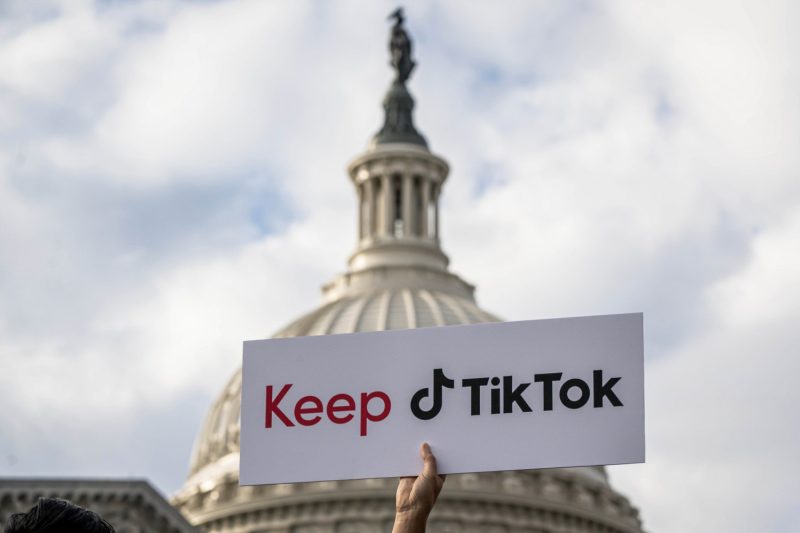
Congress Greenlights TikTok Ban: The Surprising Reasons it May Take Years to Enforce!
TikTok, renowned worldwide for its short-form videos, has been the center of numerous debates in the US government. A ban on the Chinese-owned app was passed by Congress, but it may be years before it comes into effect for a number of reasons. This article unravels the dynamics surrounding the hold on this highly significant decision.
At the heart of the TikTok ban is the concern regarding data privacy and national security. The app, owned by Beijing-based company ByteDance, has over 100 million users in the U.S alone, all generating a massive quantity of personal data. Suspicion has been raised about how this data is handled and if it ends up in the hands of the Chinese government, thereby potentially compromising national security. In response to this, Congress approved a ban on the use of TikTok on government devices in 2020.
However, implementing the ban fully, to encompass all users on U.S soil, thus completely eradicating TikTok from the American digital landscape is a whole different ball-game that brings with it a number of obstacles.
First, the ban has landed in the complicated domain of legal issues. TikTok in response to the initially proposed ban by the Trump-led administration, took legal action, stating the move was politically motivated and did not follow due process. Injunctions granted by judges on this ground have prevented the total ban from taking effect.
Second, the process of effectively banishing a widely used app like TikTok from American digital space would require the cooperation of tech companies like Apple and Google. This could prove difficult, considering the potential for backlash, as it could set a precedent for government interference in tech companies’ operations.
Third, the transition from one administration to another has further slowed down the process. The Biden administration, which took over in 2021, launched a review of the proposed TikTok ban, signaling a possible different approach to this matter. The new administration may seek alternative methods to address data security and privacy problems rather than implementing a full ban on the app.
Furthermore, the nature of the global digital space today presents another challenge. Even if the TikTok app is removed from U.S app stores, tech-savvy users could find ways to download and use the app, making the ban difficult to enforce at a technical level.
Last but not least, the socio-economic impact of the TikTok ban is likely a factor in why its implementation is still on hold. With millions of Americans using the app for livelihood, entertainment and social interaction, a total ban would not be a popular move, causing potential political consequences.
In conclusion, while a TikTok ban could theoretically protect U.S national security, its practical implementation presents vast technical, legal, and political challenges. Even as Congress pushes for the ban, these multifaceted realities could mean it may still be years before the ban actually takes effect. Therefore, it’s crucial for policymakers to consider the wider implications, alternatives, and possible backlash before finalizing their decision.
